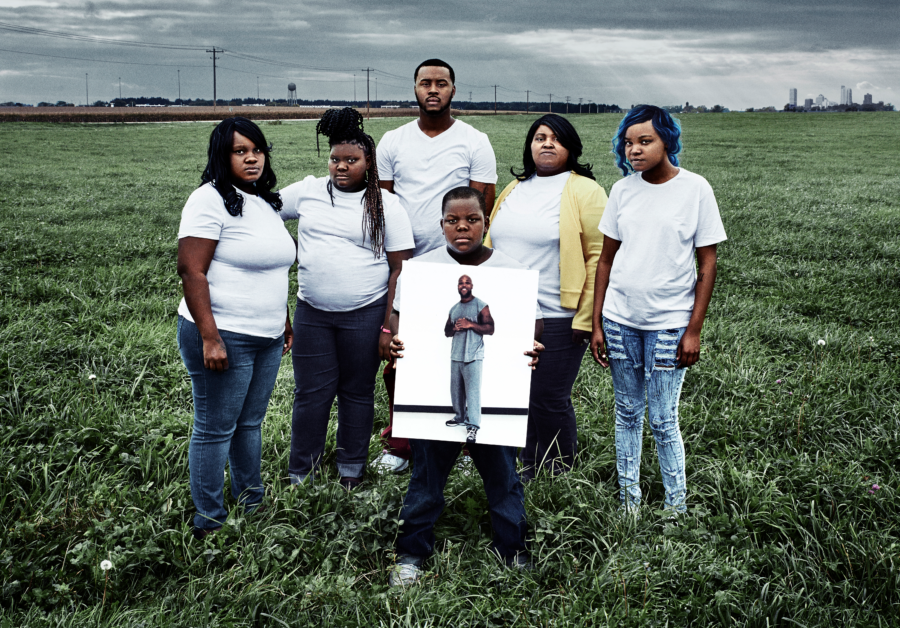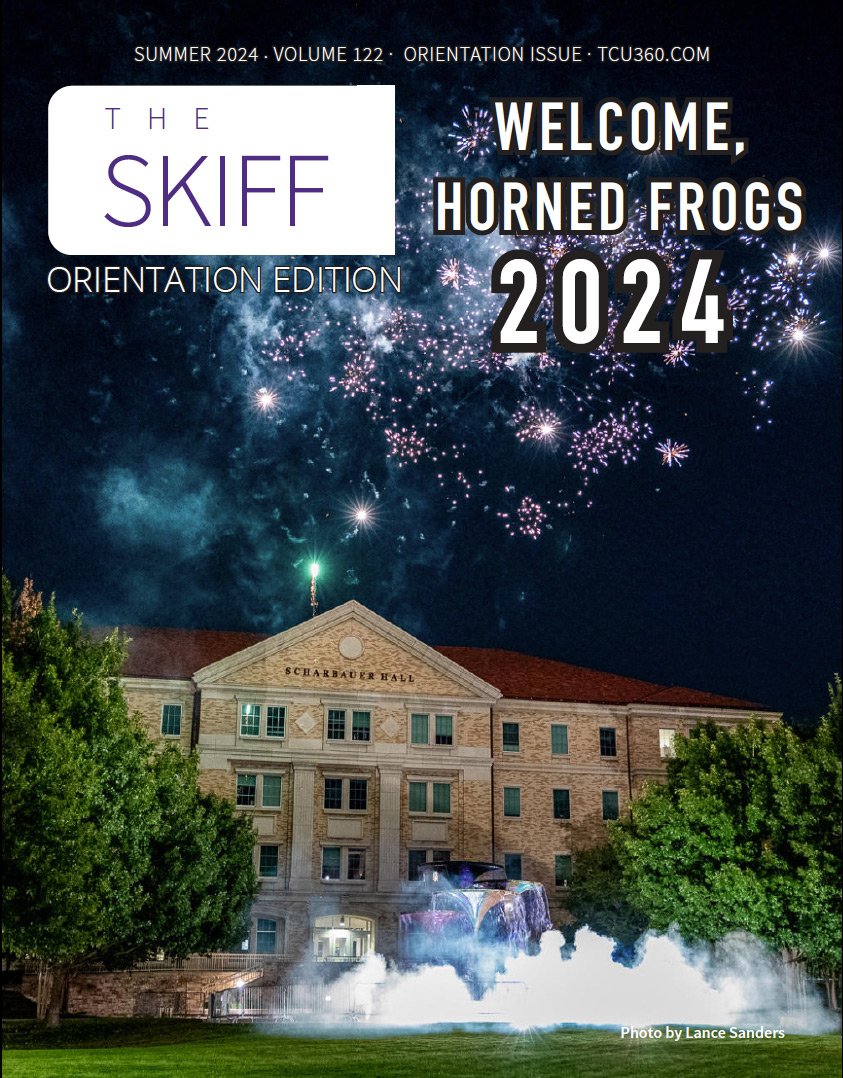On the north side of Milwaukee in the 53206 ZIP code, 62 percent of black males are or have been incarcerated, the highest percentage in the United States.
But those serving the sentences are not the only people affected, incarnation impacts the entire family.
The impact on those families and those re-entering society after their incarceration is the subject of the 55-minute documentary Milwaukee 53206 and why the film was brought to TCU.
TCU’s Department of Criminal Justice hosted a screening of Milwaukee 53206 at the Dee J. Kelly Alumni and Visitors Center for criminal justice students and majors. Dr. Ronald Burns, the chair of the criminal justice department, introduced the film with an opening statement about the “interlocking network of social ills” featured in the film.
Students see many videos about what life inside prison is like, Burns said, but this film shows the potential damage and the negative impacts of the criminal justice system that students are not shown in their classes.
The film shows impacts from the film’s main subject, Beverly Walker, who had to raise her five children and care for her mother with dementia– all while her husband, Baron Walker, is serving 60 years for two armed robberies.
After the film, Burns held a discussion about the issues addressed in the film and asked students about their solutions, starting with whether or not it is right for sentences to linger over the heads of those who have already served their time.
While a majority of the students at the screening did not give their answers to the questions raised by Burns, a look around the room at the solemn faces showed that his questions and the documentary had not gone unnoticed.
A similar sentiment is what inspired the director, Keith McQuirter, to leave his career as an advertising producer to direct his first film and documentary and begin his journey through the independent film festival circuit.
McQuirter premiered his documentary in June 2016 at the Landmark Oriental Theatre in Milwaukee and in 2017 it was selected as the best feature documentary at the Urbanworld Film Festival in New York City. The film was co-produced by McQuiter’s production company Decoder Media along with Transform Films Inc. which specializes in social justice documentaries.
After two years being shown at over a dozen film festivals and requested screenings like the one at TCU, the documentary will be aired worldwide April 3 on World, a multicast channel that is distributed by American Pubic Television.








